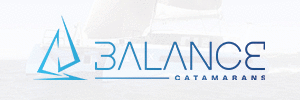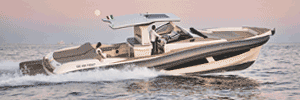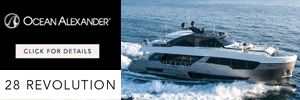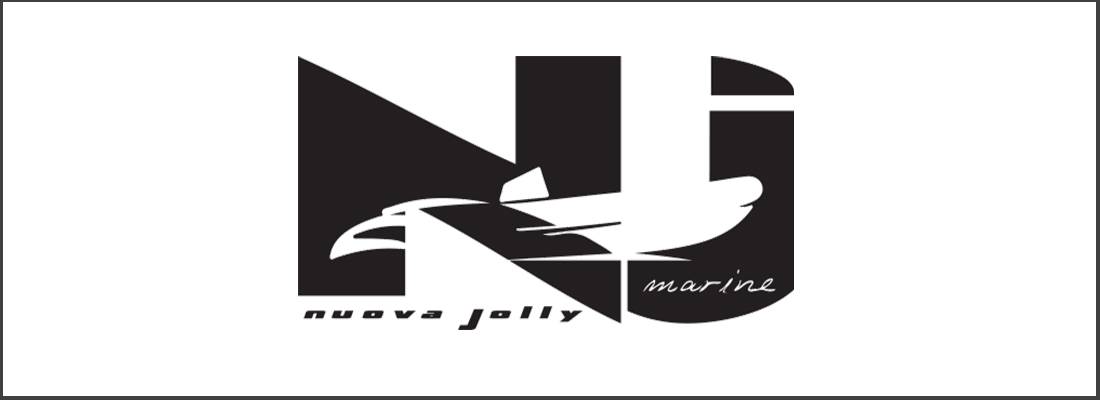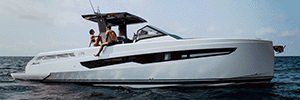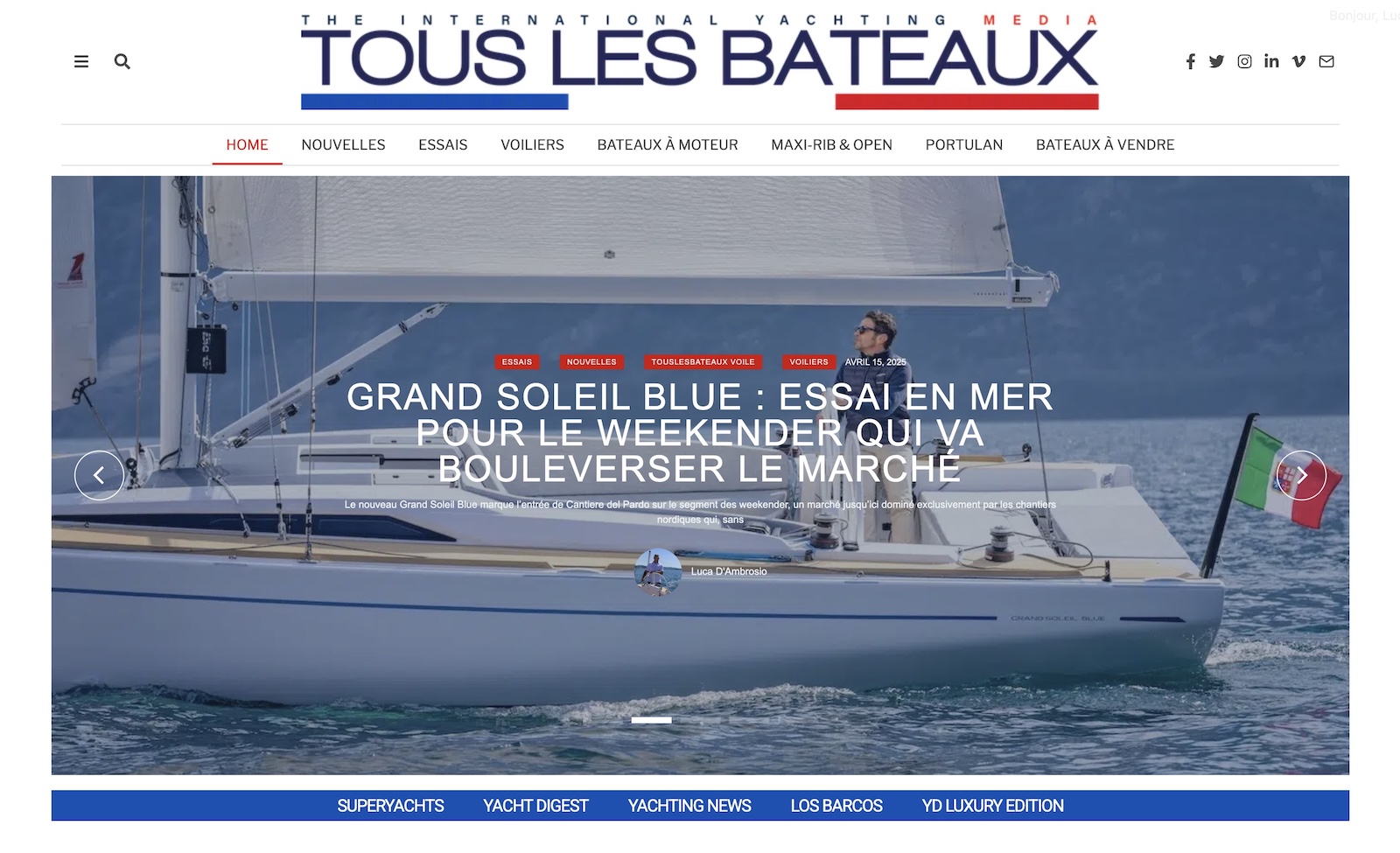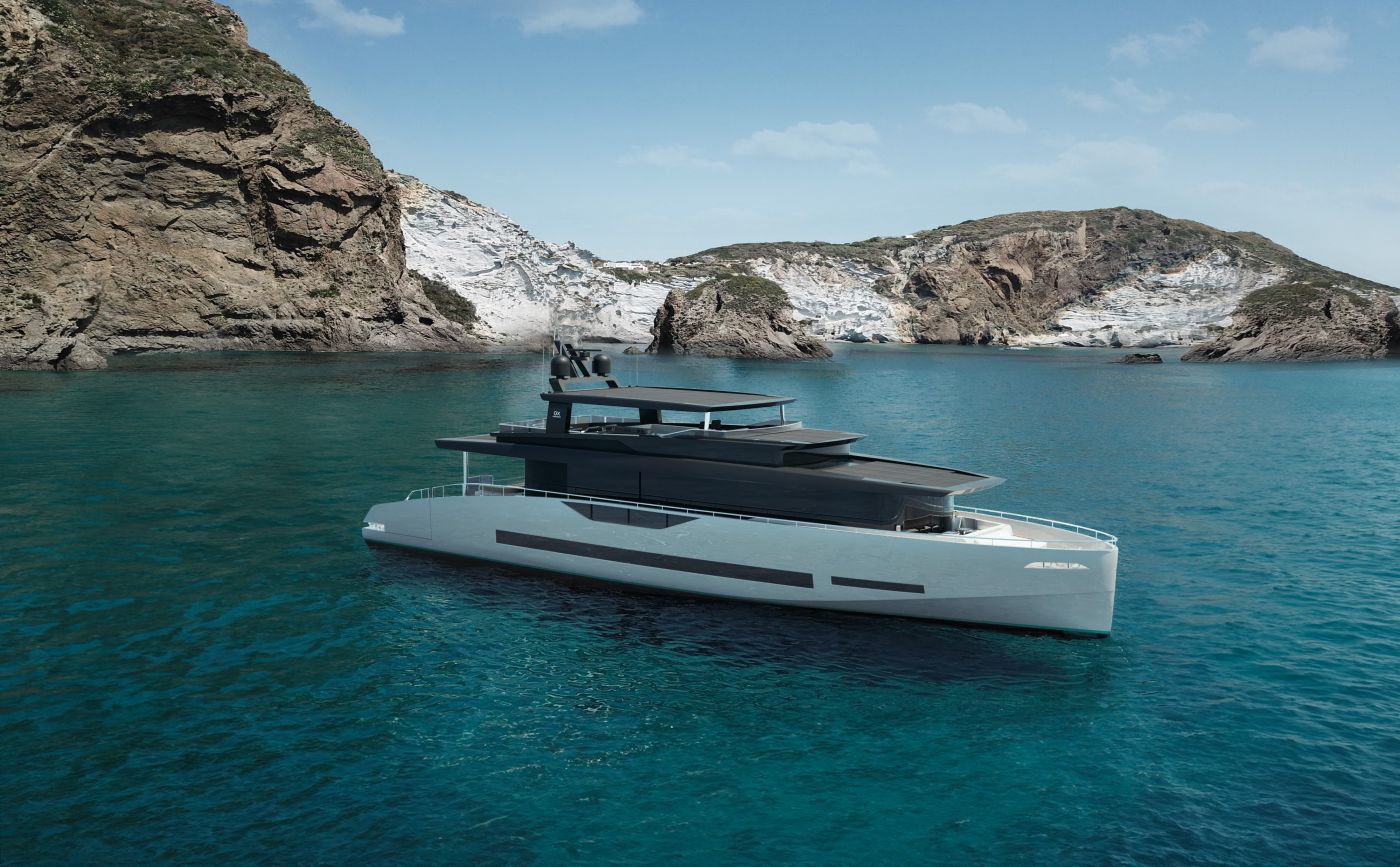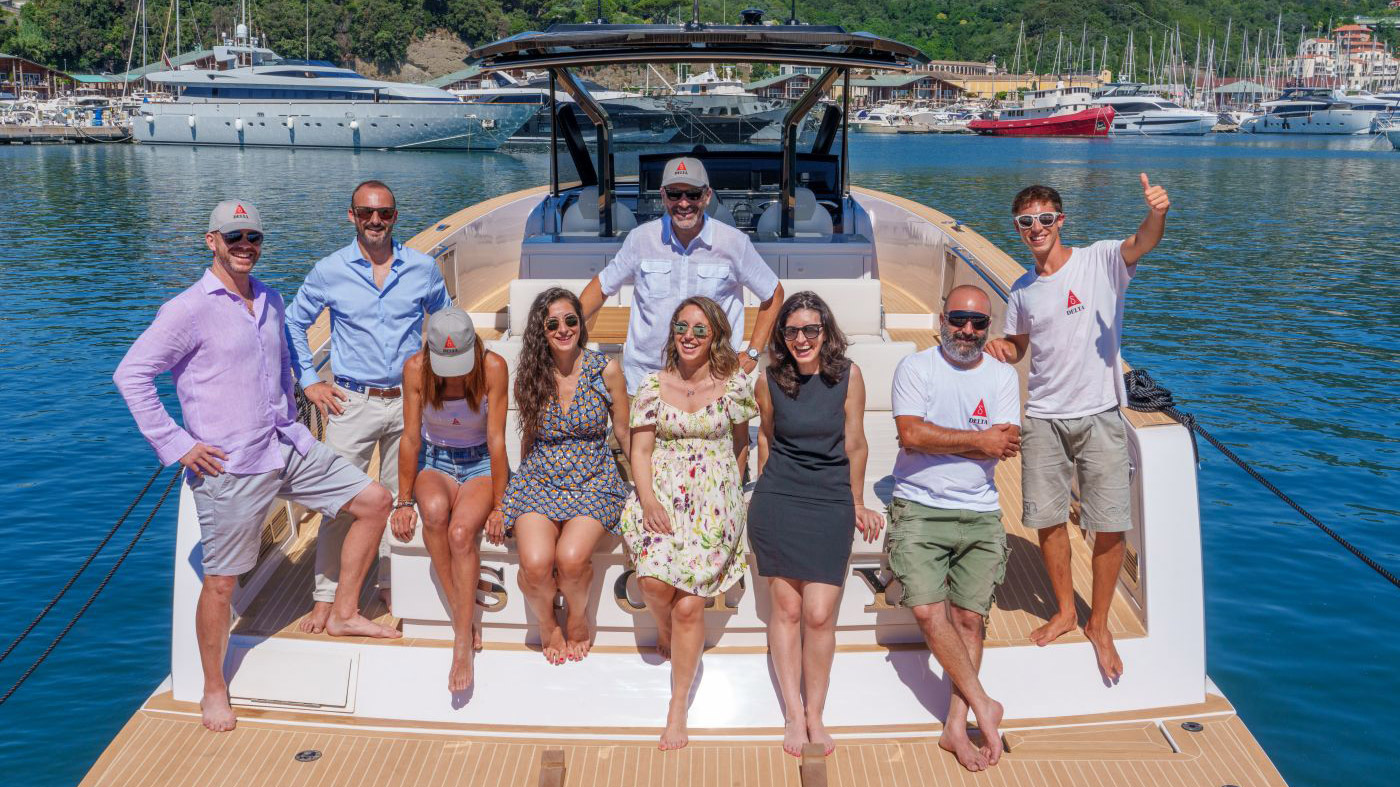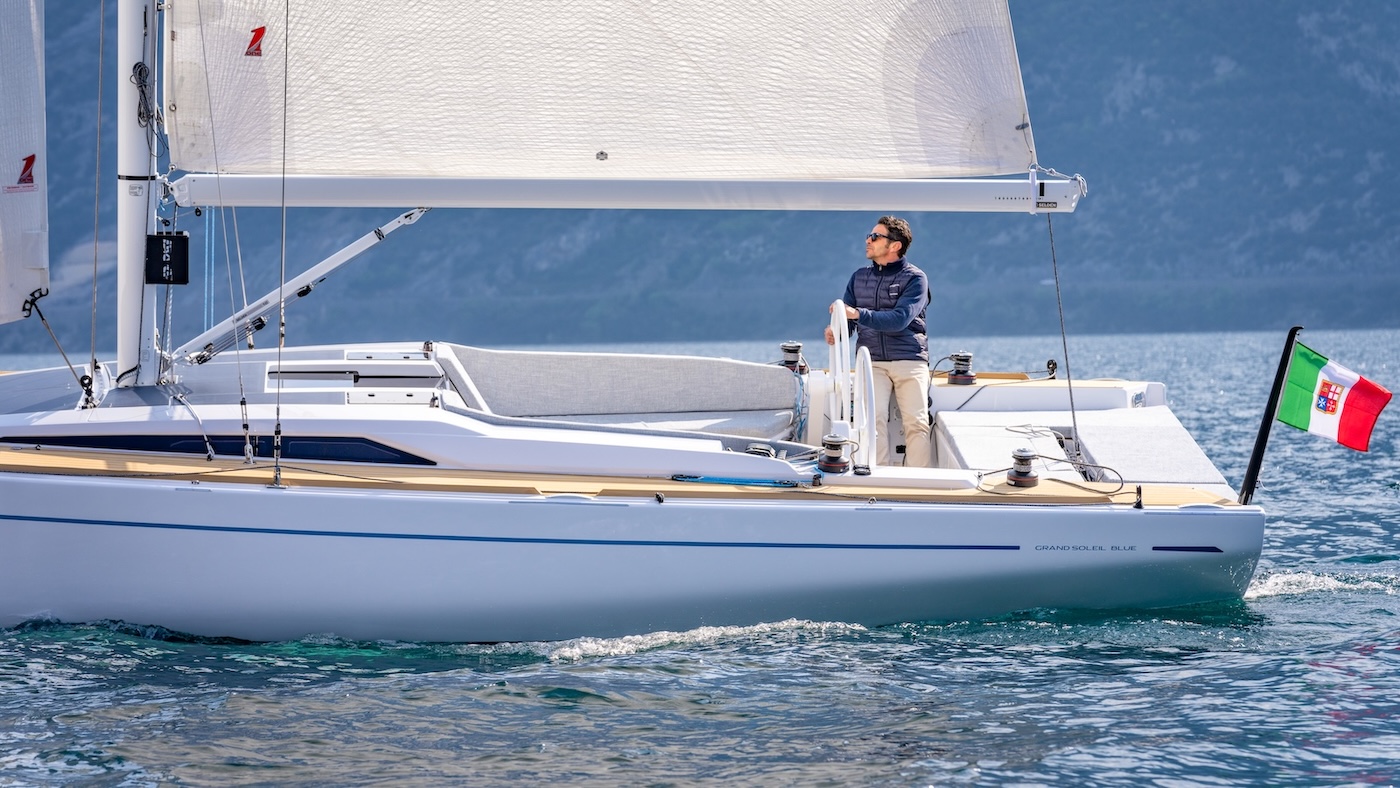Metaverse, boating and the technological evolutions of the next five years.
The world is changing fast. The fast-paced digital evolution makes it easy and obvious to use applications that only yesterday seemed futuristic and that today are already part of our daily lives.
An unstoppable race for innovation then, which the pandemic has further speeded up, demonstrating without fear of contradiction that modern communication tools are handy, reliable and within everyone’s reach.
Smart Working, 
It is in this scenario that we arrive at the Metaverse which, beyond the term itself, is nothing more than an environment capable of hosting all these ‘new activities’ natively. Stemming from the evolution of Web 2.0, the metaverse makes it possible to browse the web by interacting with other people, with a decidedly improved user experience, breaking down all those barriers that individual applications still suffer from.
A form of ‘digital progress’ that will have a disruptive effect in every sector because, as I often like to remind you, trying to resist innovation is a bit like trying to stop the waves of the sea with your hands.
In boating, then, as in real estate, the usefulness of this tool reaches very interesting peaks.
Moving a boat to have it visited by a small number of people, in a short period of time, is a cumbersome, costly operation that is subject to the changing moods of the weather. It is much simpler instead to have a yacht visited in augmented reality, perhaps wearing Oculus, and then send all the owners back for a real sea trial once the choice has been made.
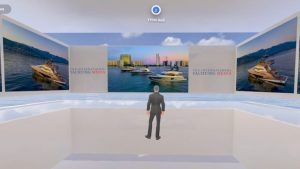
It is for all these reasons that The International Yachting Media could not avoid implementing, and quickly, this new communication channel.
Our space in the metaverse will in fact be presented as a world premiere during the boat shows in September and will have the task, on the one hand, of making all our magazines accessible in this new channel as well, and on the other, of enabling new and evolved forms of multimedia communication.
This space will also include a conference room where presentations of new boats, courses on sailing techniques and much more will take place. An interactive space where attendees will also be able to participate, not just listen, regardless of the language spoken, either by the speaker or the audience. Yes, because, for some time now, the metaverse has had a native system for automatic simultaneous translation, with as many as 14 languages.
In practice, in the metaverse everyone speaks the language they want and everyone listens in their own language.
Is this science fiction? No, it’s just progress moving forward, but if you don’t believe it, you can always try to stop the waves of the sea with your hands …

